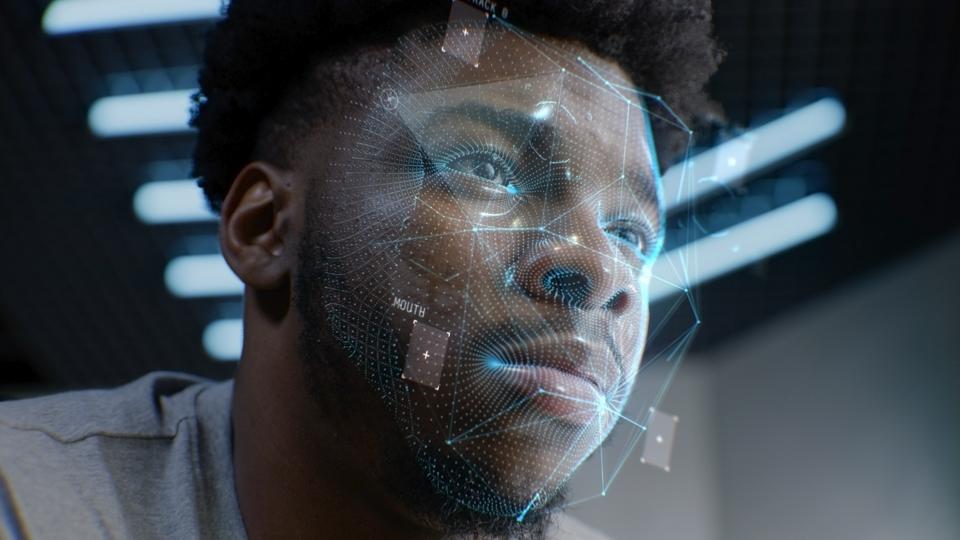The Covid-19 pandemic ushered in a new era of remote work. Many employers desperate to track and monitor employees working away from the office implemented different technology tools to surveille employees. According to one 2025 report, more than half of fortune 100 employees were required to return back to the office fulltime. With many back-to-office mandates in place, remnants of surveillance culture have remained.
Many companies are using facial recognition software to manage employees. A recent survey by ExpressVPN indicated that 74% of U.S. employers are using online monitoring and surveillance tools with 67% using biometric tracking like facial recognition and fingerprint scans. Employers use facial recognition software in a number of different ways: to track employee attendance, to identify employees, to interview and screen job candidates, to reduce the number of employee touchpoints, and to track employees (this is common for delivery and gig workers). What are the vulnerabilities and limitations of using facial recognition software in the workplace and how does it reinforce biases?
There have been several different cases where facial recognition software has caused harm, reinforcing biases in the workplace. In 2025, a complaint was filed with the Colorado Civil Rights Division and the Equal Employment Opportunity Commission (EEOC) against the software company Intuit and the human resources assessment software vendor HireVue. The complaint alleges that the AI used by HireVue resulted in an Indigenous and Deaf woman being denied a promotion based on her race and disability. In a separate case, a makeup artist at a leading brand claimed to have been fired in 2020 because of a video interview through HireVue, where the facial recognition software marked her poorly for her body language during the interview.
In 2024, an Uber Eats driver won a case where he alleged that that company fired him because of racist facial recognition software. The former employee claimed that he was fired after the company’s verification checks, which use facial recognition software, failed to recognize his face. Scholar and writer Dr. Joy Buolamwini has focused much of her research on the flaws with facial recognition technology discussing in her book Unmasking AI as well as the documentary Coded Bias how the technology is less accurate at identifying darker skin tones.
There is a wealth of evidence that indicates that facial recognition technology disproportionately impacts marginalized communities. This technology frequently misidentifies Black people leading to wrongful arrests. One 2025 study indicated that facial recognition tools had higher error rates for adults with Down syndrome. Researchers also note that facial recognition tools are less accurate for transgender individuals and these tools struggle to identify non-binary folks.
Integrating facial recognition tools into the workplace can have deleterious effects on employees. A 2023 assessment of feedback shared with the White House Office of Science and Technology Policy indicated that digital surveillance in the workplace creates a sense of distrust among employees, making them feel constantly monitored and leading to a decline in productivity and morale. Workers also noted that digital surveillance could limit unionizing, deterring this type of behavior in the workplace. There were also employee concerns about data privacy and how the data collected would be used.
Employers should think twice about implementing facial recognition software in the workplace. Not only is the type of technology prone to bias, but it can also erode employee trust and morale. If organizations have this type of technology in place already, they should request more information from the vendor about audits and what accountability measures are in place to ensure accuracy and mitigate bias. Employees should know their rights and there must be transparency around how data is collected, stored, and used. We must deeply consider the future we are creating when our face holds the key to whether we praised or punished.

